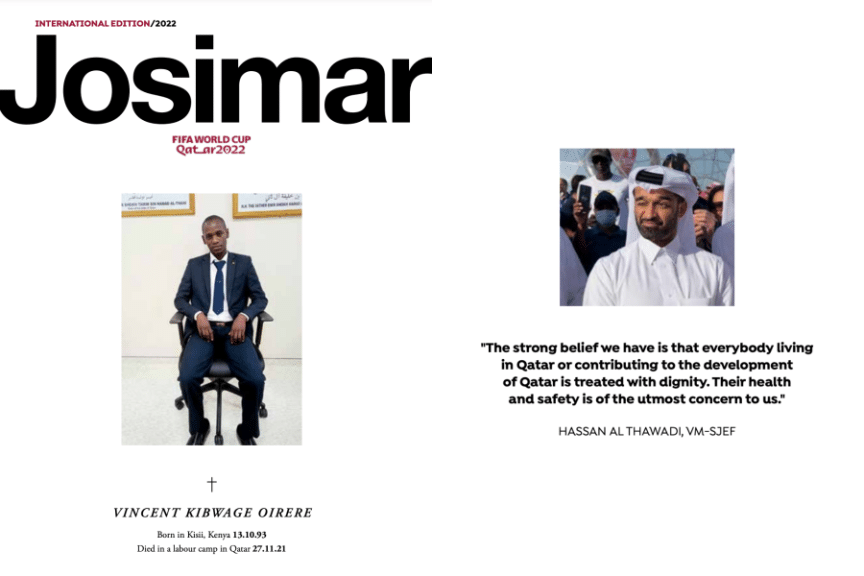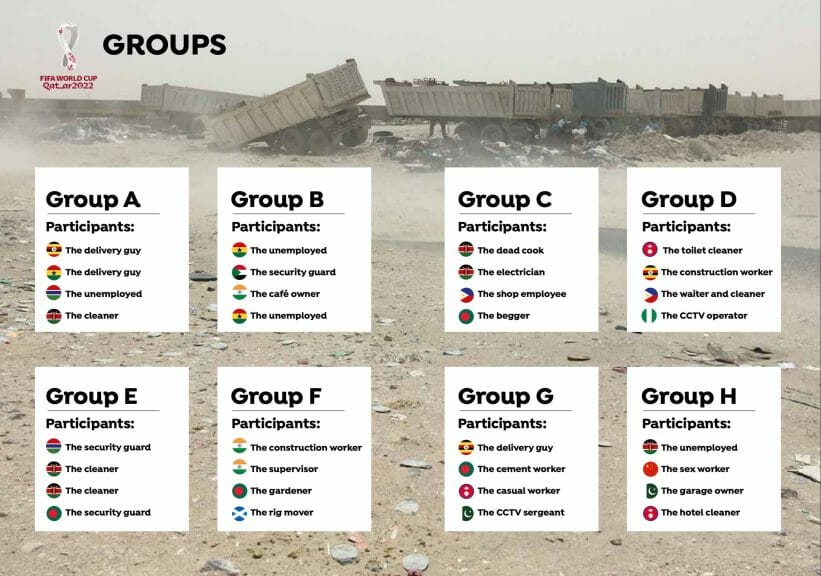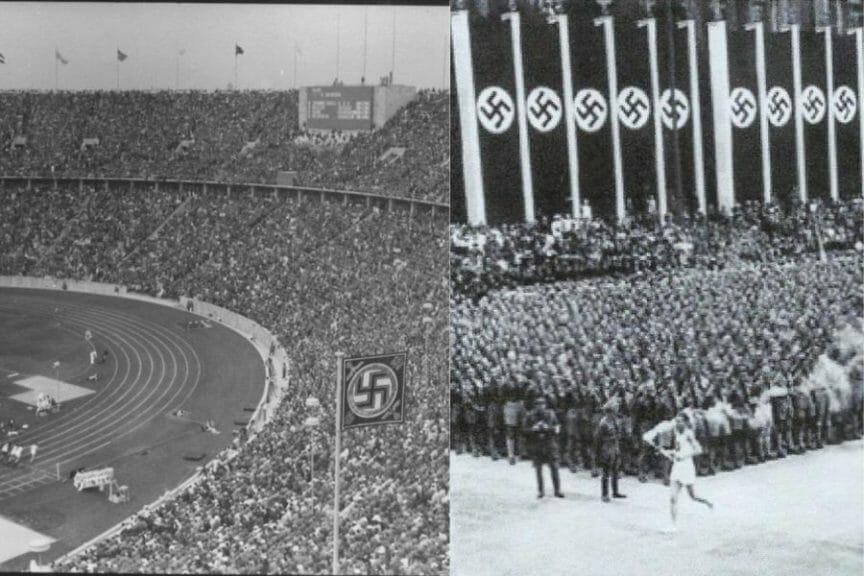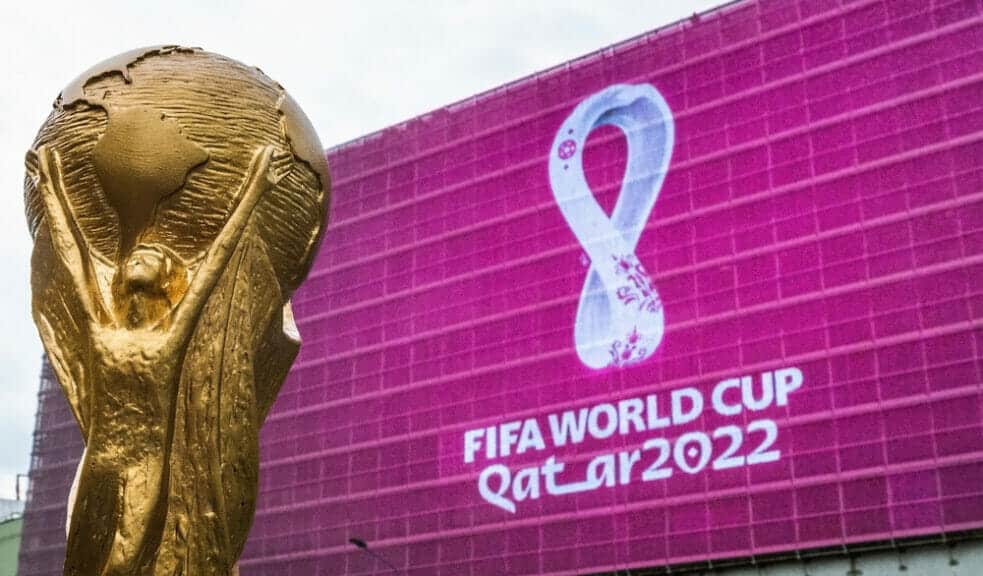In December 2010, FIFA announced the 2018 and 2022 World Cups would be held in Russia and Qatar, respectively. This was met with fierce backlash from the footballing and wider community, who voiced concerns over the treatment of human rights in these countries and the blatant corruption involved in the decision-making process. Now, a week into the absurdly timed winter World Cup in Qatar, the big question is, “Where do we go from here?”
To answer this, and further highlight its significance, I was lucky enough to interview Marius Lien, founder of Norweigian football magazine Josimar. Josimar has become a significant voice in the discourse surrounding the sport and Qatar in Norway and beyond, notable for its thorough investigative pieces. Their recent magazine profiling the stories of migrant workers was put together by traveling to Qatar and interviewing workers, providing a unique insight into the real-world implications of this Championship. This particular magazine is the primary subject of the interview below and can be found in its completion here.

Interview
(Questions and answers are direct quotations, slightly altered at times for clarity).
Q: First, please tell us a little about Josimar, your trip to Qatar, and the brilliant investigative piece you put together on what you found.
Josimar is a football magazine in Norway started by myself and a friend in 2009, named after the famous Brazilian right-back in the World Cup in 1986… When it started off, we were trying to write longer pieces than what was in the everyday news and find our own position in the media landscape in Norway… We wrote quite a bit about the Championship in Brazil in 2014 and Russia 2018, about corruption and how it was used politically in Russia…
Then came Qatar 2022, and we were thinking, “How we can do something special?” Because for a football magazine, it’s obvious you have to publish a special edition of some kind when it’s a World Cup. How can we do it on Qatar? Because our stance was that the whole Championship should be boycotted. It’s been a huge debate in Norway, about whether our national team should boycott the tournament, and Josimar was strongly part of that discussion through our articles and through different debates. So then it became, “How do we make a magazine about a World Cup that we don’t think should exist?” We decided to try to tell the story of the migrant workers who are at the core of the situation in Qatar since it’s a country that’s really built on migrant workers… We decided to make 32 profiles introducing 32 migrant workers since there are 32 teams in the World Cup.
Q: I really like that group-stage parallel, it was really creative.
Yeah, we felt like that was the only way we could do it. But it was a problem because they are in danger of losing their jobs. They might be prisoners if they are critical of the World Cup, so it wasn’t obvious that we were going to find anyone to talk to. But we realized that if they were all incognito, not showing their face, and if they were all under false names, then it could be an option. So we went there for 8,9,10 days, a group of 5 journalists, one photographer, and four writers… We were just walking the streets, around the labor camps basically, because that’s where it’s easiest to find people without security and police.

The Problem
Q: You mentioned Russia – people seem to be speaking a lot more about the corruption and human rights violations involved in Qatar than in Russia. Why do you think that is? Is it a matter of scale?
Two reasons. As you said, the conditions of the World Cup to build the stadiums in the country are actually worse than they were in Russia. We also wrote about the conditions of working in St Petersburg, and building the stadiums there, which was also terrible. This whole country is built on workers who live in these conditions. It’s an apartheid system where you have different salaries for different people depending on their skin color and where you’re from. You also had that in Russia, but not as direct policy as in Qatar… They send their agents to bring the poorest and most desperate people from around the world who will say yes to anything, and they built their country on this. So it’s this model that is considered worse.
And secondly, Qatar doesn’t have a football tradition at all – they don’t have a women’s football team. And they have had lots of different other sporting events in the last 20 years; handball, athletics, swimming, Formula One. All of these events are part of a big sports-washing project from Qatar, and the football World Cup is the crown of all the events in the sports world. All these projects prove the country is using sports as a means of promoting their policy and promoting their country.
Boycotting
Q: So you mentioned Josimar was very involved in the boycotting discourse in Norway. As you mentioned, there’s a big debate surrounding this topic, so could you expand a little more on why you have this strong pro-boycott stance?
I guess it’s the sports-washing argument, that it’s obvious that the only reason for Qatar to have a World Cup is to present this image of themselves as a perfect nation to attract influencers and tourists and rich people to go there and spend money. But it’s built on graveyards. People are dying all the time while building this country and it’s on such a large scale that if we accept the World Cup and participate, we also support Qatar and we support their project… OK, I’m not going to sound like I’m lecturing people on what to do. Everyone should make up their own minds. But for us, the scale of this project is just too much that it’s impossible to support it…
And of course, the enormous corruption that was involved in the decision to give them the World Cup. It was 24 old men who decided that Qatar and Russia should have it. And is it 16 or 18 who are in jail now or banned from football? So it’s obviously a bought Championship as well.
Football and Politics
Q: On this idea of sports-washing, what kind of implications do you think that has, and the World Cup being given to places like Russia and Qatar, on the direction football is headed in?
Since Qatar got the World Cup in 2010, Saudi Arabia has grown as a big mover and shaker in the world of football. Gianni Infantino, the President of FIFA, he’s there all the time. He participated in a promotional video, you can find it on YouTube, where he’s performing a sword dance. He’s promoting this beautiful heritage, the beautiful culture of Saudi Arabia and is literally dancing with a sword in his hands… They are probably going to try and get the World Cup in 2030. Saudi Arabia already has a football team, not a woman’s team, but they have participated in the World Cup for a long time. But that’s one of the few countries that’s even worse than Qatar when it comes to human rights… So I think when Qatar got the World Cup, it was a door opener for other people who probably became aware of how easy it is to use football. And since then, you have Manchester City being bought and New Castle recently. That also began when Abramovich took over Chelsea. So it’s part of a bigger move away from the true ideas of the sport and into the hands of oligarchs, and regimes that at least I don’t support in any way.
Q: How do you think this all plays into the debate surrounding the responsibility of football to be “political”?
It’s part of the boycott debate in Norway. Some players and coaches and journalists say football and politics should not be mixed, and that’s an argument that you hear now and then. But that’s really not the question because football and politics are intermingled all the time. And it’s happened since almost the beginning of football.
Q: Is that just because football is such a public platform and has such a wide reach?
It goes for sports in general. When the US had the Olympics in 1904 in St Louis, they had an exhibition portraying how nice the US was treating their Native Americans. In 1904 – just 20 years after the whole Native population was annihilated. In 1936, Adolf Hitler had the Olympics in Berlin, 1938 Mussolini had the World Cup. Sports and politics have always been very much linked.

Accountability
Q: Who do you think should be held responsible for the World Cup? Who should we be looking at in the ladder of accountability?
The biggest problem with sports, in general, is that sports leaders, the leaders in FIFA or the IOC (Olympic committee), don’t answer to anyone. They have their own ethics committees, but these are a joke because they are hired by themselves.
Participating nations in FIFA at least have options to change the organization, but it’s extremely difficult… All the member nations have the same voice, at least that’s the way it is on paper. Probably not in reality. So I guess there’s a chance there, but I’m not optimistic at all. Because it’s already secured that Infantino is going to win the election in March of next year. Everybody knows he is going to win because he has been traveling around the world to so many countries securing votes. And money talks because he makes deals with different people around the globe, federations in poor countries, and they get good deals with FIFA. But the big problem is that there is no over-national building that can control FIFA, who they can answer to.
Solutions…
Q: In an optimistic world, how do you think FIFA can be held accountable? For example, would it be helpful to make FIFA answer to a UN panel that reviews a country’s eligibility in terms of human rights in order to host something as big as the World Cup?
Yeah, maybe. I’ve been thinking along those lines myself. People inside sports would strongly say no to this because they strongly highlight that sports should be independent and shouldn’t answer to anyone. They say that’s the basic idea of sports. The way it’s turned into, they can’t be like that anymore. They have to answer to someone, so I agree with that. An over-national unit that reviews them or controls them or something like that. But how it should be done in practice and how it works out… But something has to happen for sure because the way FIFA works now and the IOC, it’s just headed straight down the highway to hell.
Q: My final question would be, other than boycotting, which like you say is a decision people need to make for themselves, what can individuals do to try and A. protest what’s happening now with this immediate World Cup, and B. prevent the almost inevitable direction that the football world is heading in.
It’s really about educating yourself and making up your own mind. That’s for everyone. Try to figure out how things work in Qatar, and then, “Do I really want to watch this?” That’s my suggestion. And if you’re a player, you can give Héctor Bellerín a call and ask to have a meeting with him, because he is obviously the coolest football player on earth. He is one of the few professionals who actually tries to use his position. He’s thinking for himself.
Click here to read more about the human rights issues and backlash involved in the Qatar World Cup.














